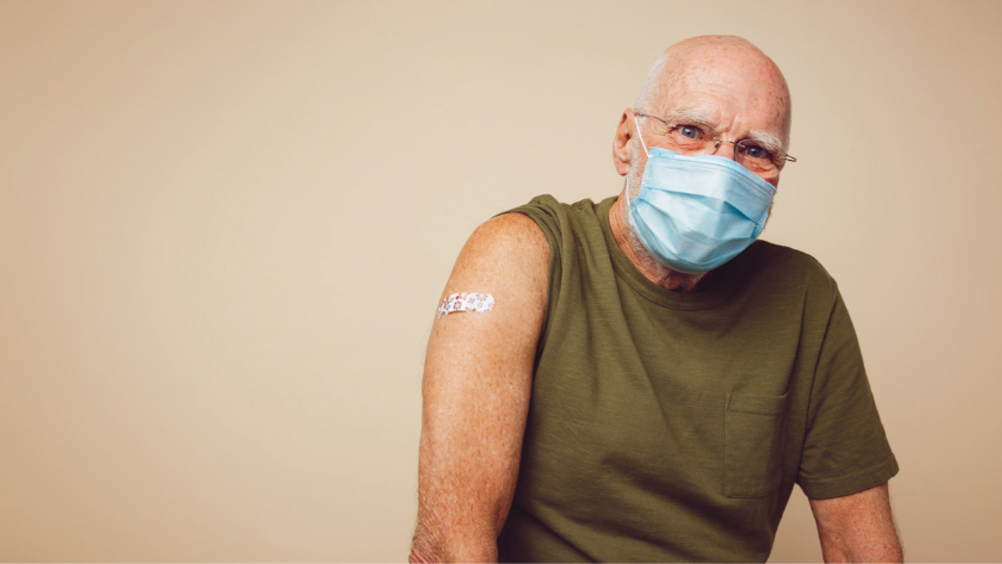References
NEWS FOCUS

The NHS COVID-19 vaccination programme has begun offering a Spring booster jab to the most vulnerable. About five million people will be able to get a Spring booster during the campaign.
The Joint Committee on Vaccination and Immunisation (JCVI) has advised a spring jab should be offered to those most vulnerable to COVID-19 as a precautionary measure around 6 months after the initial booster (UK Health Security Agency, 2022). Those eligible include:
The NHS COVID-19 vaccination programme will contact people when it is their turn to be vaccinated.
Adults eligible for the jab will be offered the Moderna or Pfizer/BionNTech vaccine and young people aged 12 to 18 will be offered the Pfizer/BioNTech.
The rationale for the booster campaign is that immunity from vaccination wanes over time, and many of the most vulnerable had their most recent vaccine dose in September or October 2021. The boosters are a precautionary measure to maintain high levels of immunity.
Register now to continue reading
Thank you for visiting Practice Nursing and reading some of our peer-reviewed resources for general practice nurses. To read more, please register today. You’ll enjoy the following great benefits:
What's included
-
Limited access to clinical or professional articles
-
New content and clinical newsletter updates each month

